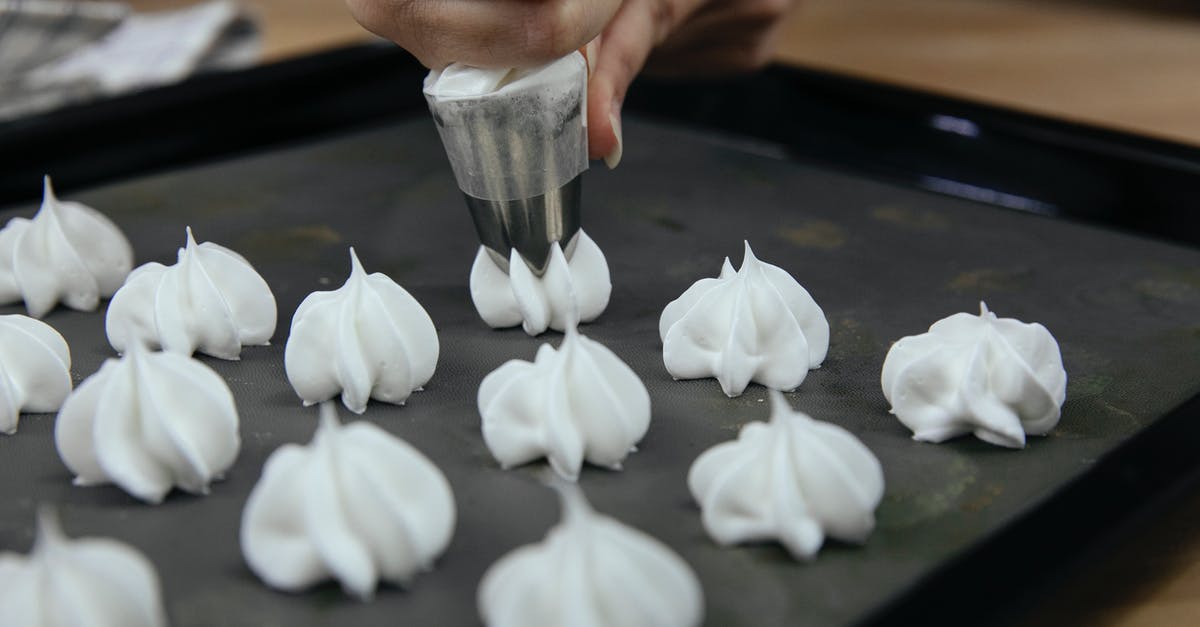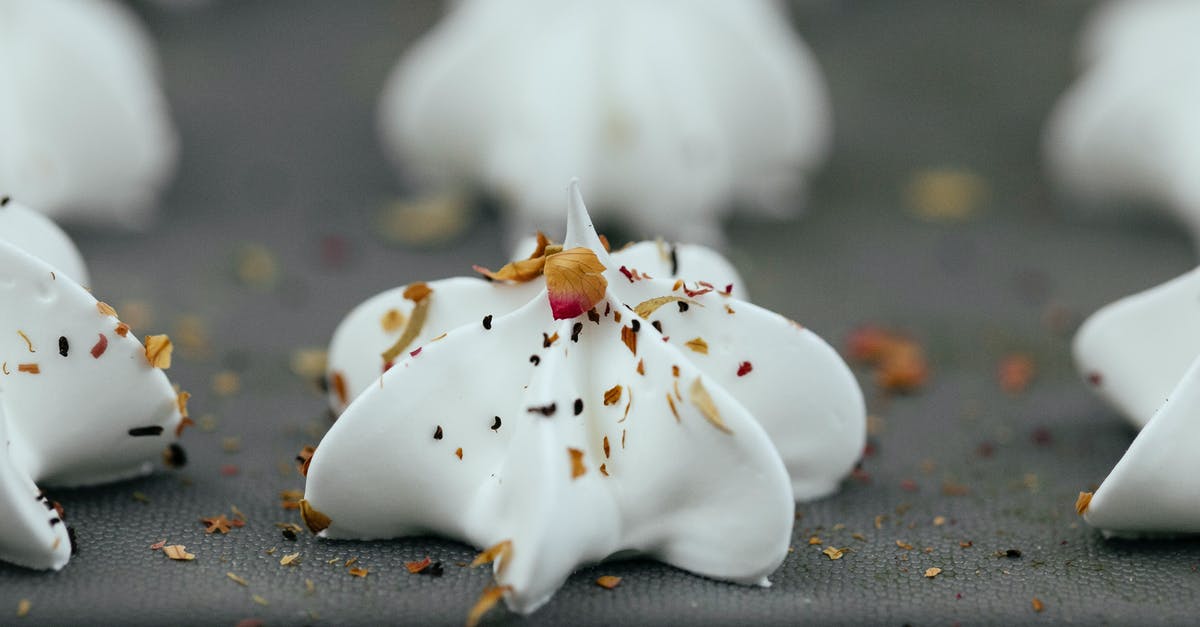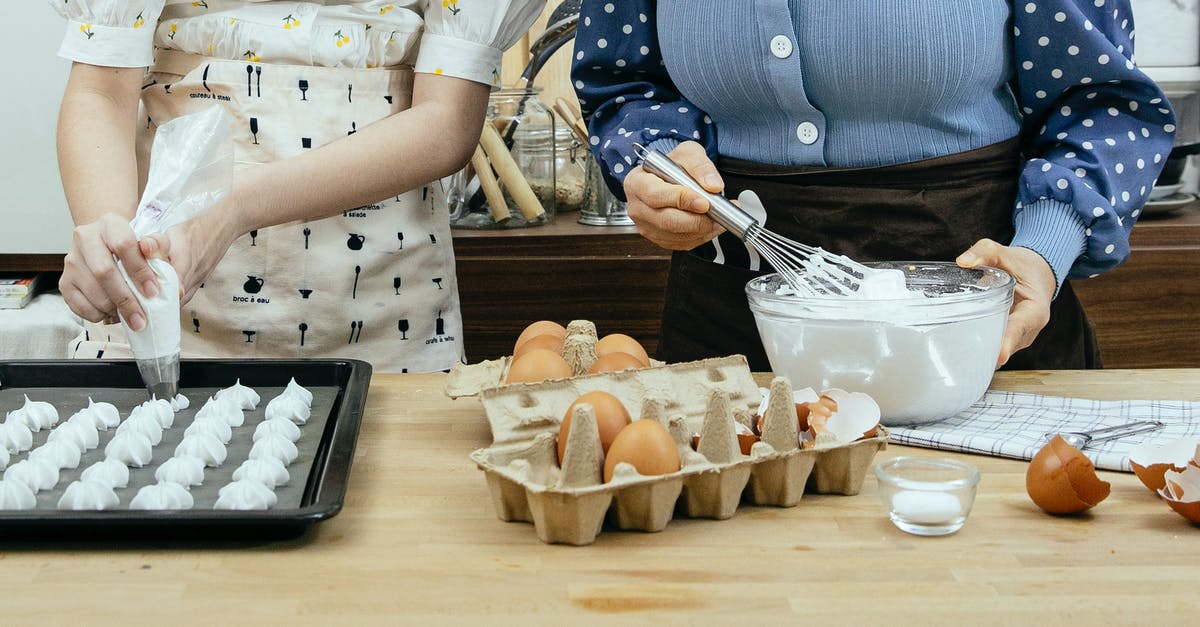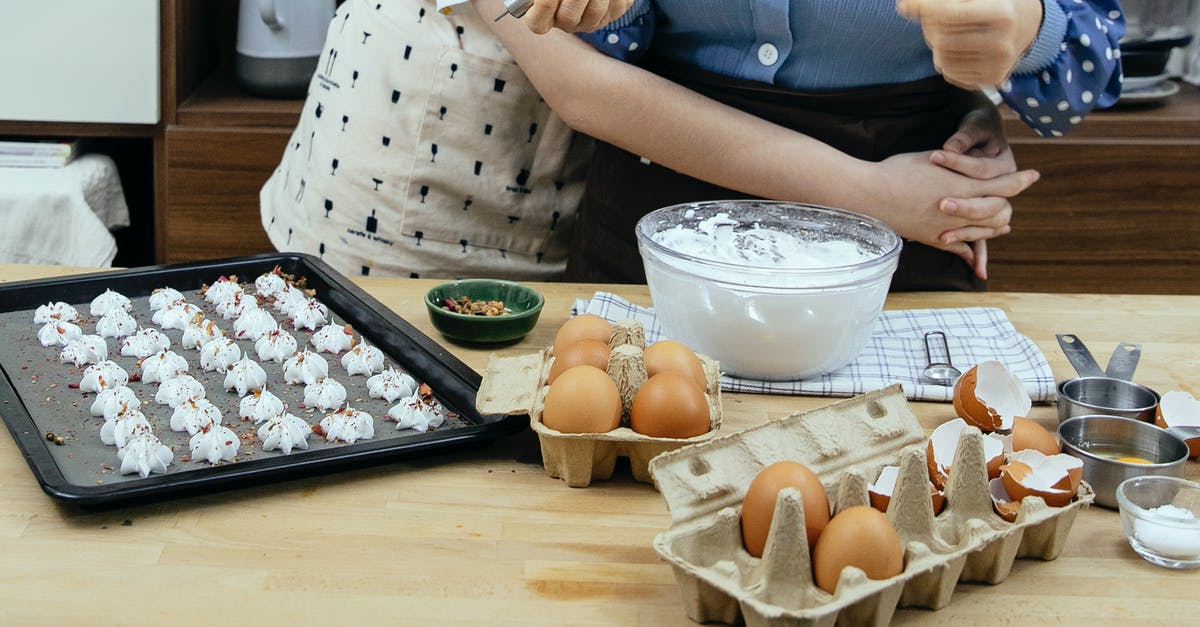Why do egg white cartons warn that pasteurized egg whites shouldn't be used for whipping or meringue?

We're baking a ton of meringue cookies for a party this weekend, so I picked up a carton of egg whites. It wasn't until after I got home that I noticed a warning stating:
"Due to pasteurization, liquid egg whites are not recommended for whipping or meringues."
I don't quite understand this. While pasteurization could denature proteins if the temp goes too high, the eggs whites generally shouldn't be getting hot enough for that to really happen. Further, you can buy dried egg whites at grocery stores labelled as "instant meringue" and those are also pasteurized.
I went ahead and whipped them anyway, and they seem to have worked just fine. The peaks could be stiffer if I had beaten them longer, but I was working quickly and just needed them to come to a reasonable piping stiffness.
I'm just trying to understand the rationale of the warning on the label. Is it also a matter of age? Maybe these were fresher?
Best Answer
Egg white foams are a delicate thing. They are easy to do, but also easy to mess up, and many things will do so. Here (Wayback Machine) is a blog that addresses many of the common or less so do's and don'ts of foams and tests them to see if the writer agrees with them effecting things. Items addressed are should eggs be new or old, at room temp, when to add sugar, and if pasteurized eggs work. For them, pasteurized was fine.
The general idea behind not using pasteurized as I understand it: For quality foams, the proteins in the egg white must unfold correctly during beating. In the process of heating the egg for pasteurization, the protein may well be chemically or physically altered and the ability to unfold it correctly for a foam might be reduced. In their test, it worked fine, just as it seems to have for you. But, at best, it may not be as consistent or forgiving. If you are slightly off on another aspect, say whipping speed, it may increase the odds of failure. Also, you may have gotten a batch of eggs that were pasteurized at an optimum temp, while another batch might have been done at a few degrees higher and affected the protein strands more and that batch might fail. I personally would consider it one more factor that might increase failure rates, might increase the need to add cream of tartar or lemon, might fail with sugar, etc.
Just opinion, but if it works for you, go for it, but expect that maybe some times it won't.
Pictures about "Why do egg white cartons warn that pasteurized egg whites shouldn't be used for whipping or meringue?"



Quick Answer about "Why do egg white cartons warn that pasteurized egg whites shouldn't be used for whipping or meringue?"
"Due to pasteurization, liquid egg whites are not recommended for whipping or meringues." I don't quite understand this. While pasteurization could denature proteins if the temp goes too high, the eggs whites generally shouldn't be getting hot enough for that to really happen.Can pasteurized egg whites be whipped into meringue?
Pasteurized egg white, however, will not beat to a stiff meringue unless either cream of tartar or lemon juice is added. You will need double the cream of tartar for pasteurized eggs: for 1 pasteurized egg white/ 2 tablespoons/2 ounces/30 grams use 1/4 teaspoon of cream of tartar.Can I use carton egg whites to whip?
If you opt to beat your egg whites by hand, consider using a copper bowl or whisk! The copper in the bowl or whisk reacts with one of the proteins in the egg white, causing foamy bubbles to expand. Finally, if you're looking for a suitable substitute for whole egg whites, consider using liquid egg whites from a carton.Can you use pasteurized egg whites in cake?
Ok, so before we do anything else, lets talk about the egg whites. You've got to use fresh egg whites, not pasteurized egg whites from a carton. As you can see from this label, pasteurized whites can't be used for making meringues or angel food cake.How do you pasteurize egg whites for meringue?
Place the bowl in a saucepan over (not in) barely simmering water. Beat the egg whites for 3 1/2 minutes (using a hand-held mixer or large whisk). They should be hot to the touch, and should reach 160 degrees F (70 degrees C).More answers regarding why do egg white cartons warn that pasteurized egg whites shouldn't be used for whipping or meringue?
Answer 2
While pasteurization could denature proteins if the temp goes too high, the eggs whites generally shouldn't be getting hot enough for that to really happen.´
This assumption is incorrect. Denaturation of eggs is not as simple as, say, a phase transition of a substance. Each protein species in an egg has multiple possible states on a spectrum of unravelling. Temperature is a statistical measurement, which gives you the average energy of the molecules in the egg - but each molecule will have a different amount of energy. Also, the same amount of energy in the same molecule might be able to lead to two different states, depending on which hydrogen connection broke down first. Add to that the interaction of those proteins with all the other stuff contained in the egg, and the fact that egg white has dozens of different protein species, and it becomes clear that there is no single tempperature at which all molecules in the egg white suddenly change their state.
Instead, you have a wide range of states, from almost-like-raw to cat-played-in-a-box-of-string-ends (or maybe velcro pieces). And pasteurization certainly doesn't give you cooked-through-eggs, but it does cause enough changes that the egg's behavior is no longer the same as with raw egg whites.
Age is not the reason behind the advice. Aged egg whites beat up nicer, as the proteins are somewhat pre-relaxed there. In fact, the most finicky egg white foam applications (like macarons) might include an aging step for the egg whites.
Sources: Stack Exchange - This article follows the attribution requirements of Stack Exchange and is licensed under CC BY-SA 3.0.
Images: Katerina Holmes, Katerina Holmes, Katerina Holmes, Katerina Holmes

